390 episodes
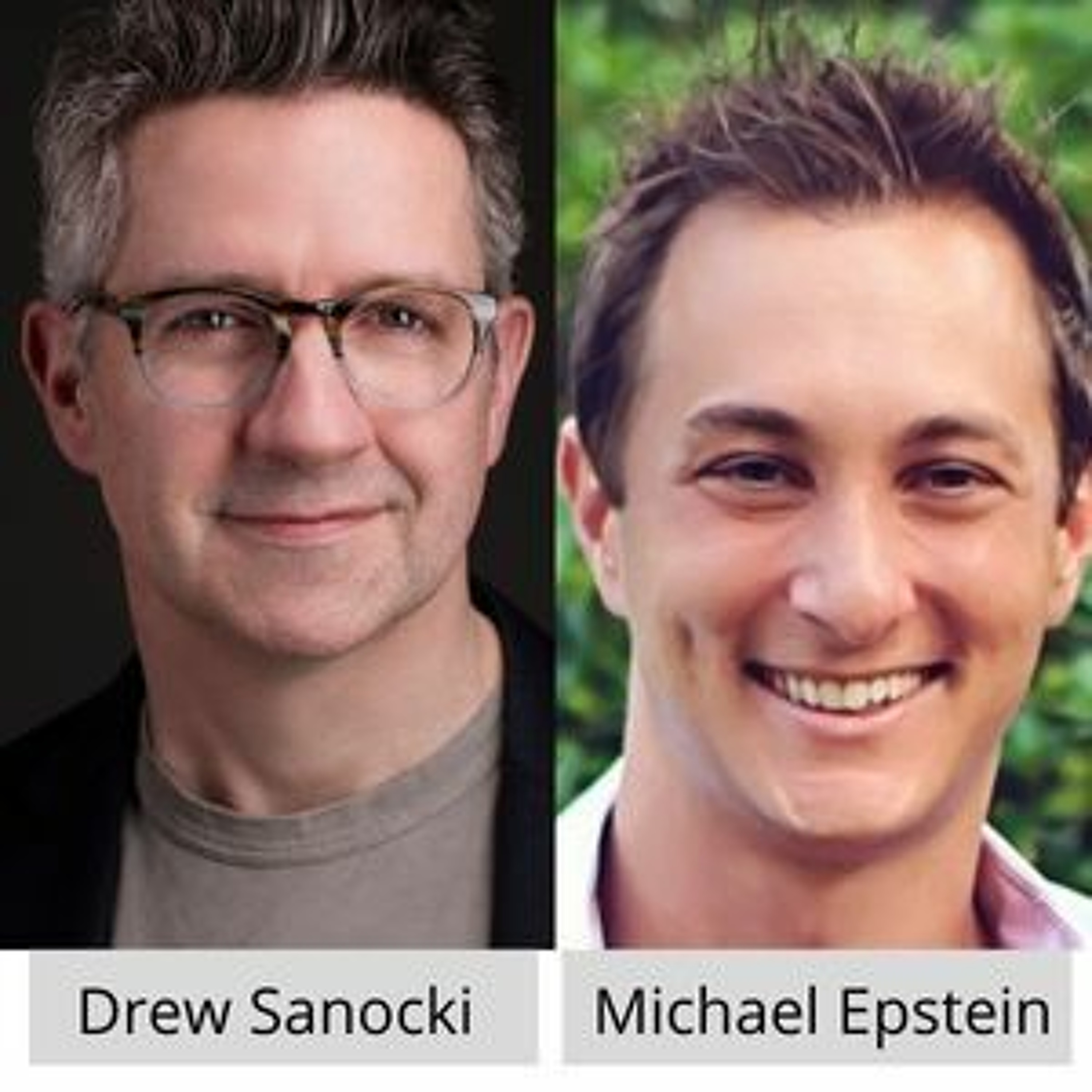

Apple's iOS 14 privacy changes have created a windfall for direct mail providers such as PostPilot. Owners Drew Sanocki and Michael Epstein explain how modern postcard programs mimic email campaigns.


Chris Harrison co-founded Liber & Co., a maker of cocktail syrups, in 2012. The Austin, Texas-based company thrived by selling mostly to bars and restaurants. Then Covid hit.
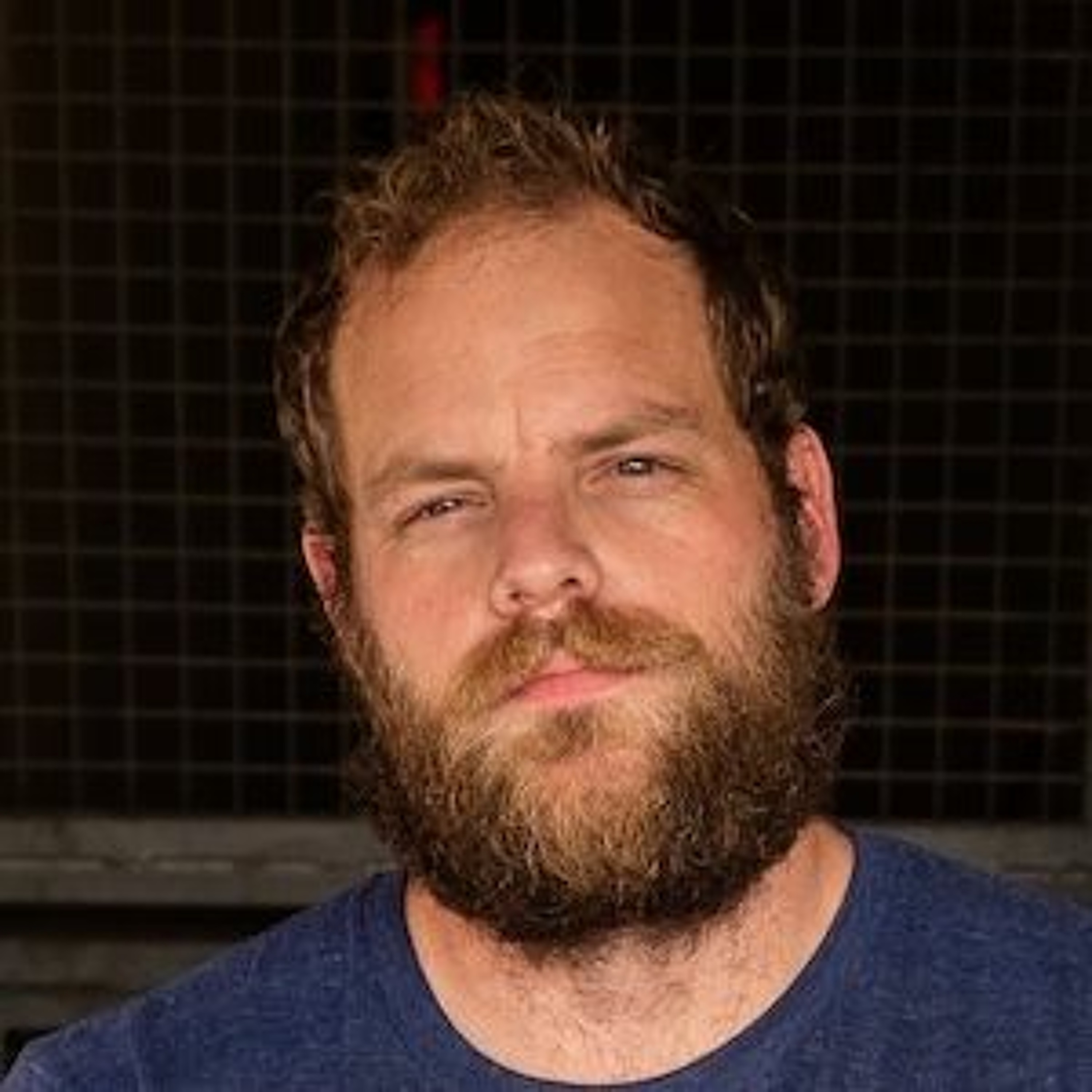

Joel Runyon launched Impossible, a fitness and performance company, in 2010. The company sells digital training programs, apparel, and nutritional supplements. "Sleep," a powder drink, is the latest. It helps high performers recharge and recover via deep sleeping.


Molson Hart launched Viahart, a manufacturer of educational toys, in 2010, selling mainly on Amazon. The company experienced repeated intellectual property theft, which prompted his launch of a second company, Edison Litigation Financing.


Thanh Pham, the founder of Asian Efficiency, a productivity training company, once focused on efficiency to help folks get more done. Then he realized the real driver of productivity is happiness, not time management or focus.
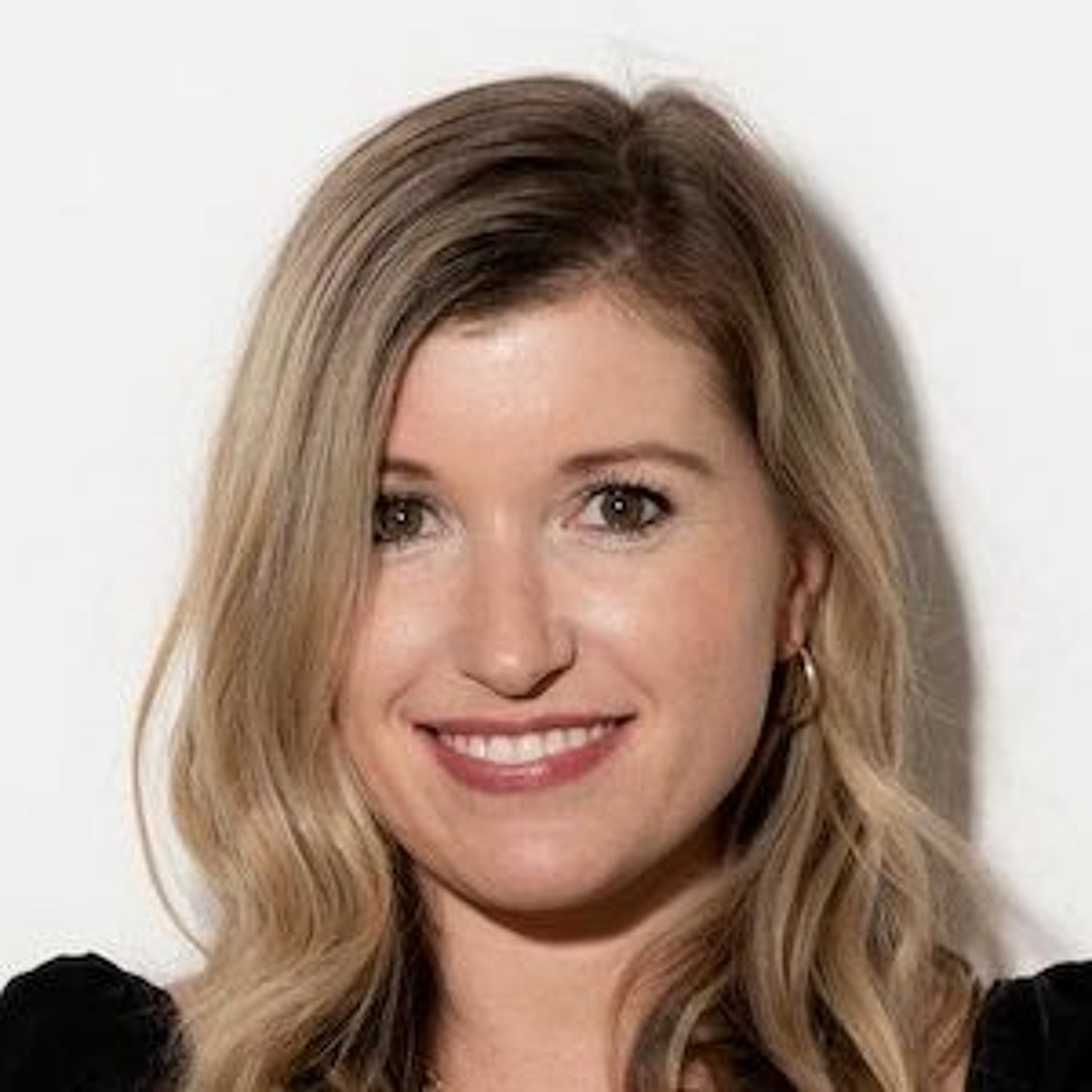

In 2018 Sarah Moret, an accountant and athlete, couldn't find a suitable aluminum-free deodorant. So she made her own. Fast forward to 2022, and that deodorant business is now Curie, a thriving direct-to-consumer seller of personal care and lifestyle goods.
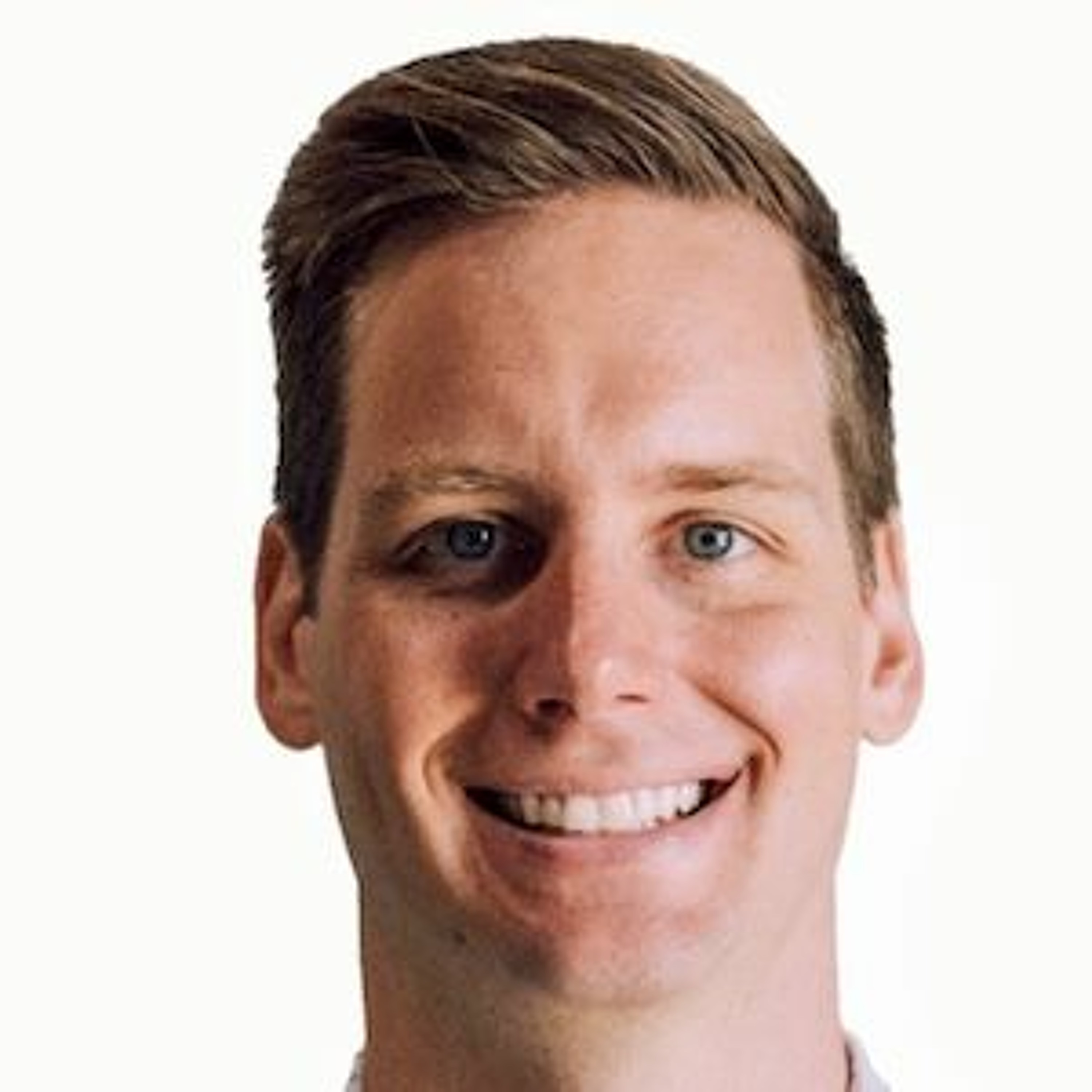

Supply.co, a DTC seller of shaving supplies, endured a tough 2021, as did its founder, Patrick Coddou. By year's end, he was exhausted, burned out. He turned to the Entrepreneurial Operating System, a management framework. The results? "It has changed the company, and it’s changed me."
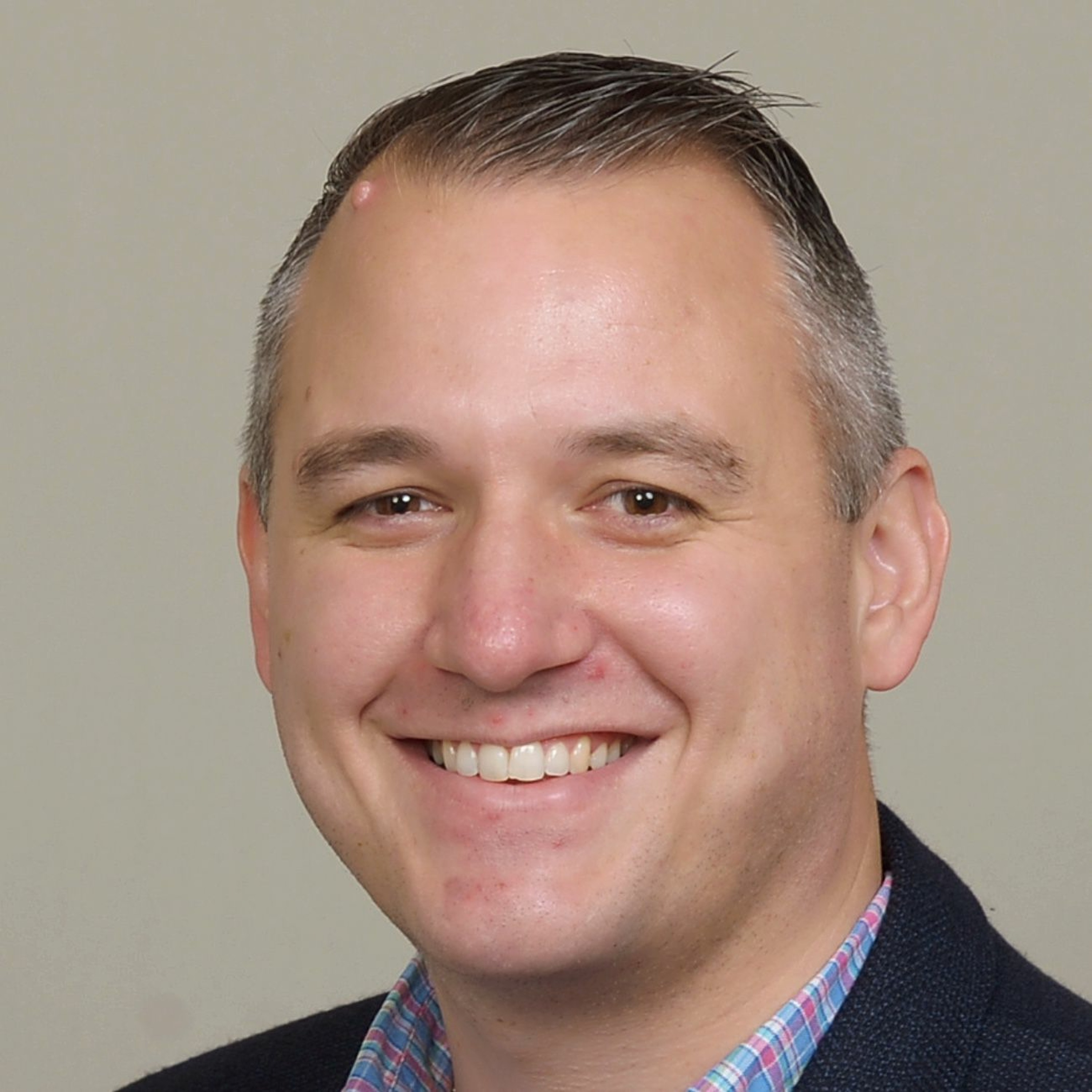

Joshua McKee founded Atlas Staffing 11 years ago. The company now has five locations in the western U.S., serving a light industry niche. McKee advocates core company values and communicates them to his staff. "Embrace growth," his favorite, refers to personal growth, not financial.
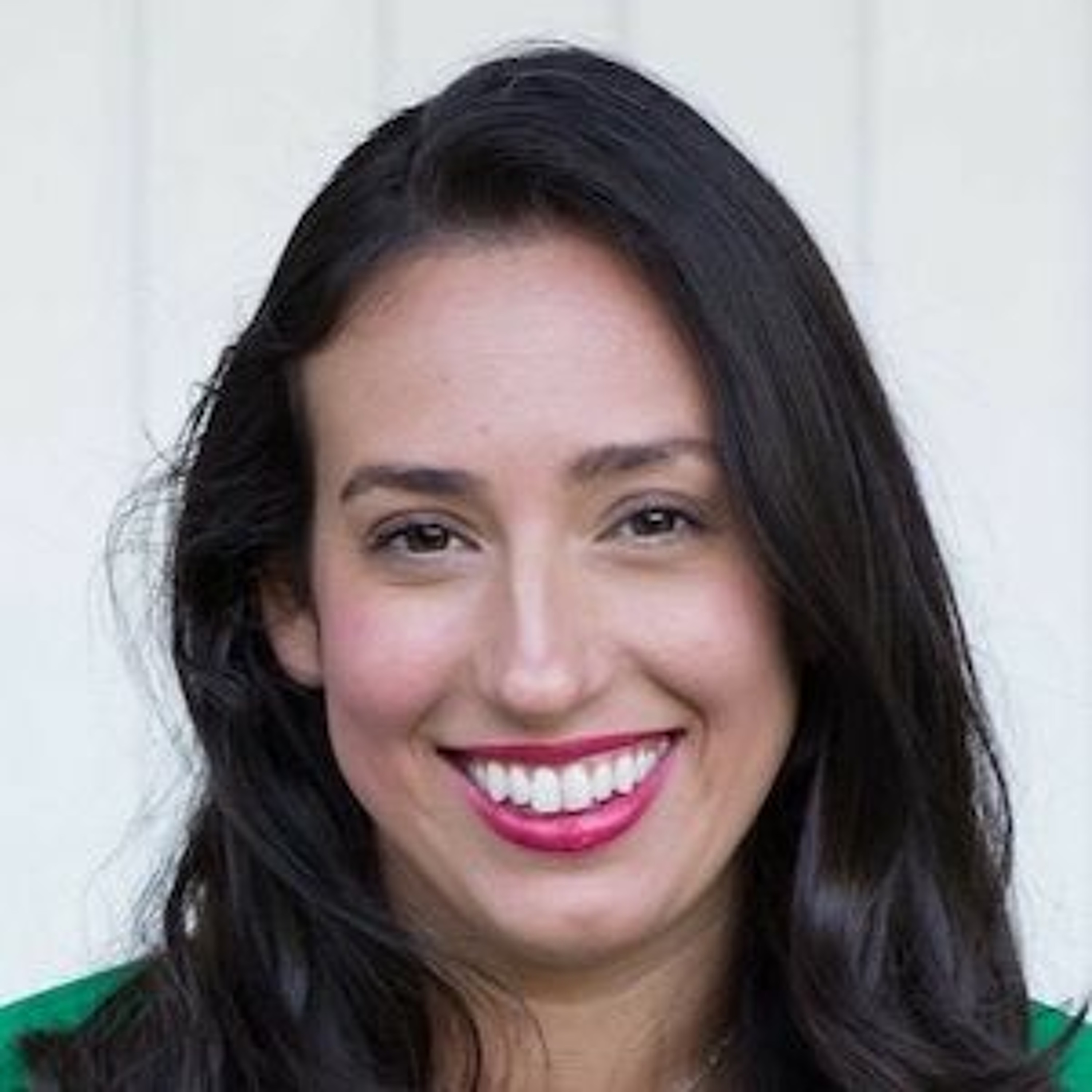

Lea Richards founded Pig of the Month, a DTC seller of barbeque, in 2011. After Apple's iOS 14 privacy change, she shifted to direct mail for customer acquisition — to good results. She explains that switch, the logistics of shipping perishable goods, and more.
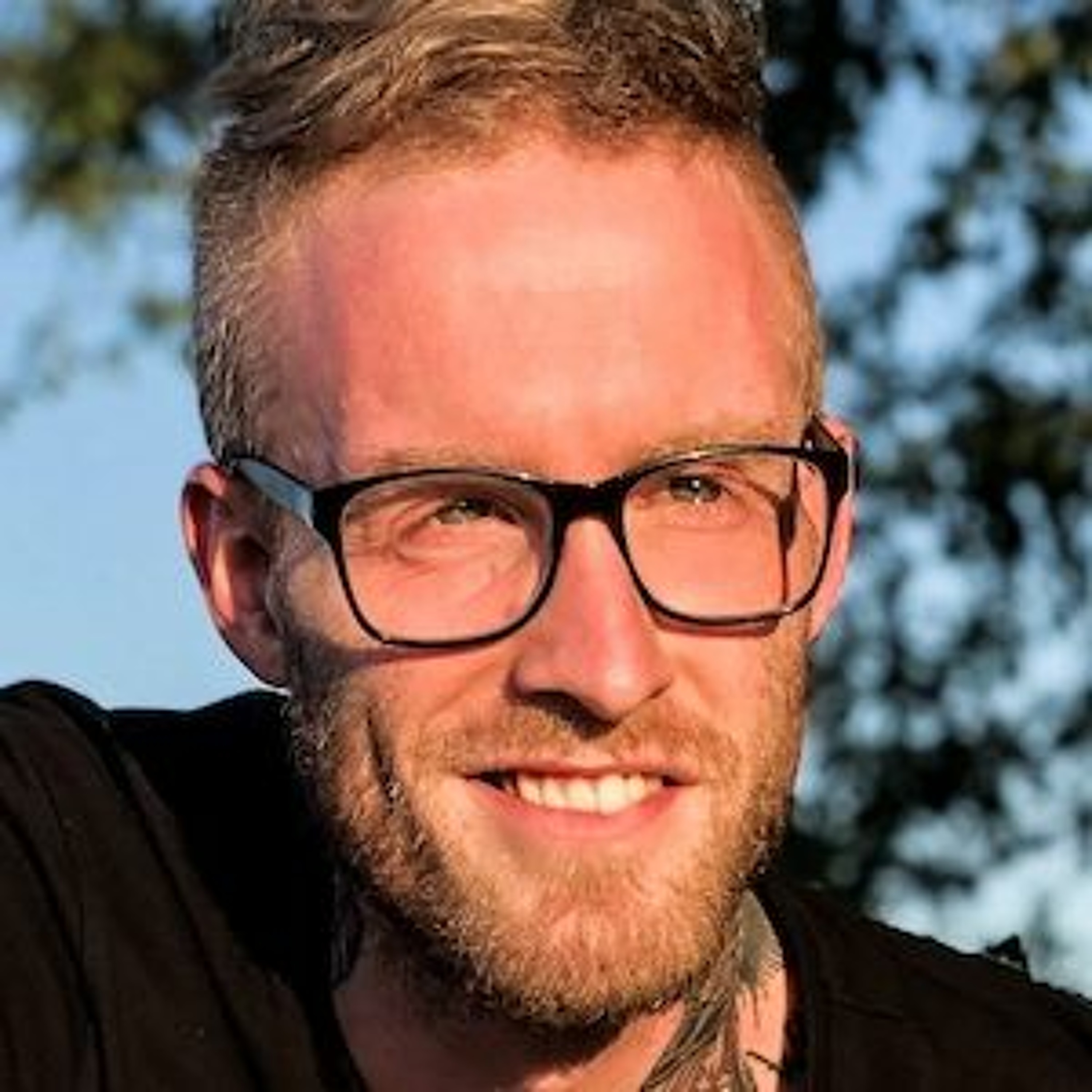

Christopher Silvestri is an ecommerce copywriter and UX designer who launched Conversion Alchemy, an agency, two years ago. The key to high-converting copy, he says, is researching the target audience. He explains how he does that, including his go-tool tools and common merchant mistakes.
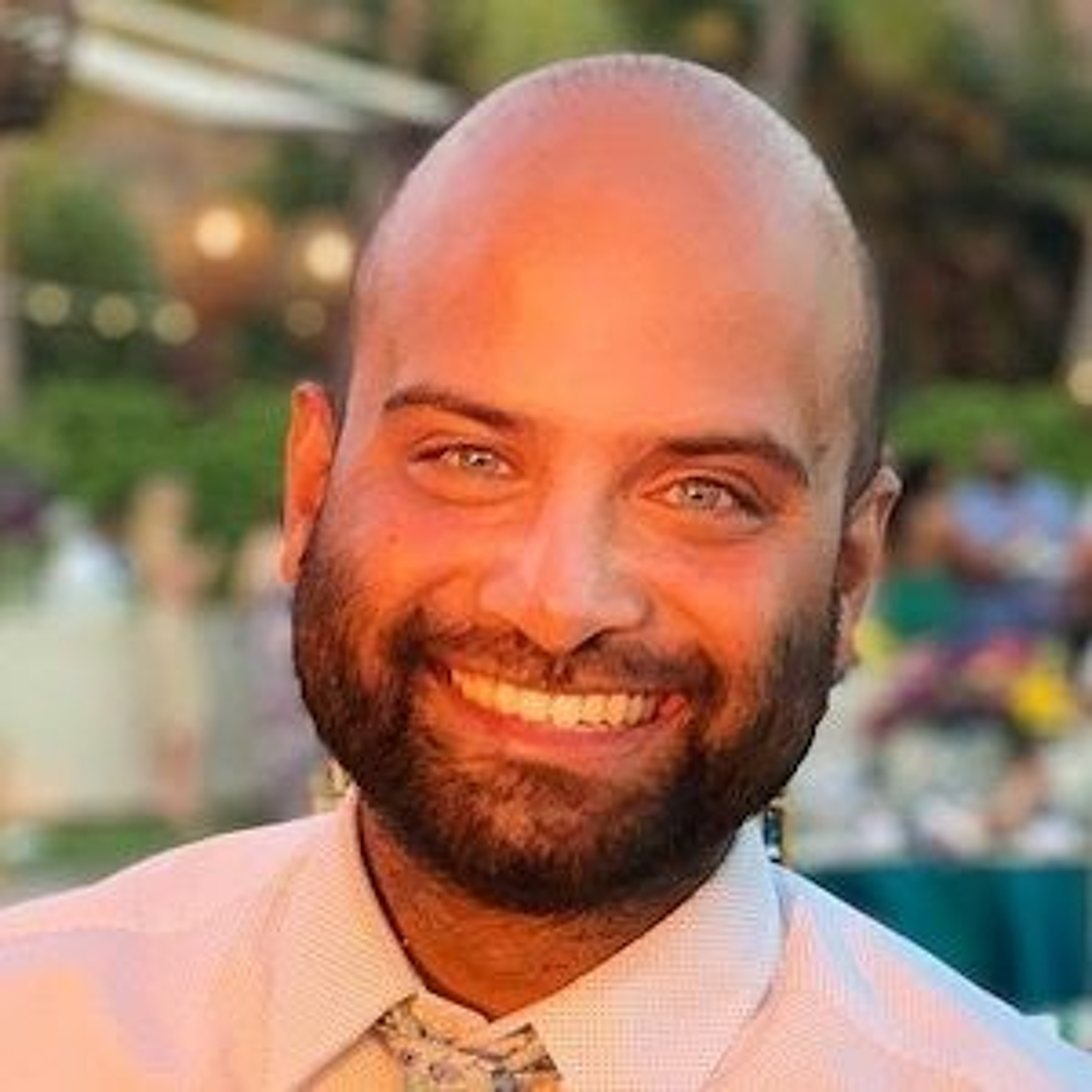

Ravi Kurani is an engineer and former venture capitalist who launched Sutro, a water sensor manufacturer, in 2012 in India. His initial go-to-market strategy failed. So he moved to California, his home, and shifted to measuring swimming pool water from the drinking kind.
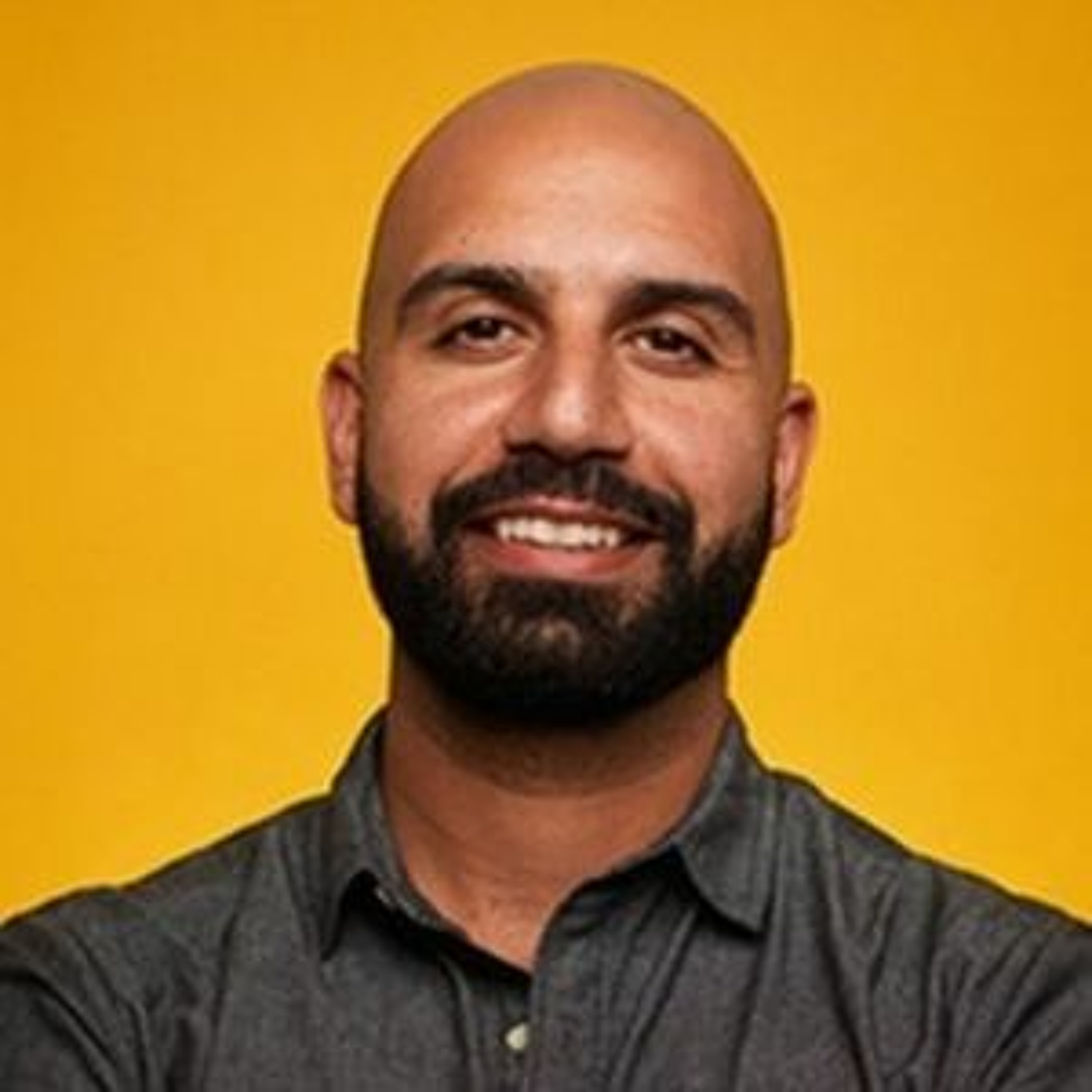

Ayman Al-Abdullah joined AppSumo, the daily deals site for digital goods, in 2015. Annual revenue was $3 million. When he left the company in 2021, revenue was a whopping $80 million. How did he do it? "People development," he said.


Kamil Banc is co-founder with his brother Jeremy of Fragrance One, a direct-to-consumer seller of colognes and perfumes — entirely online. Sales are booming despite buyers never smelling the fragrances. He explains how in this conversation with host Eric Bandholz.
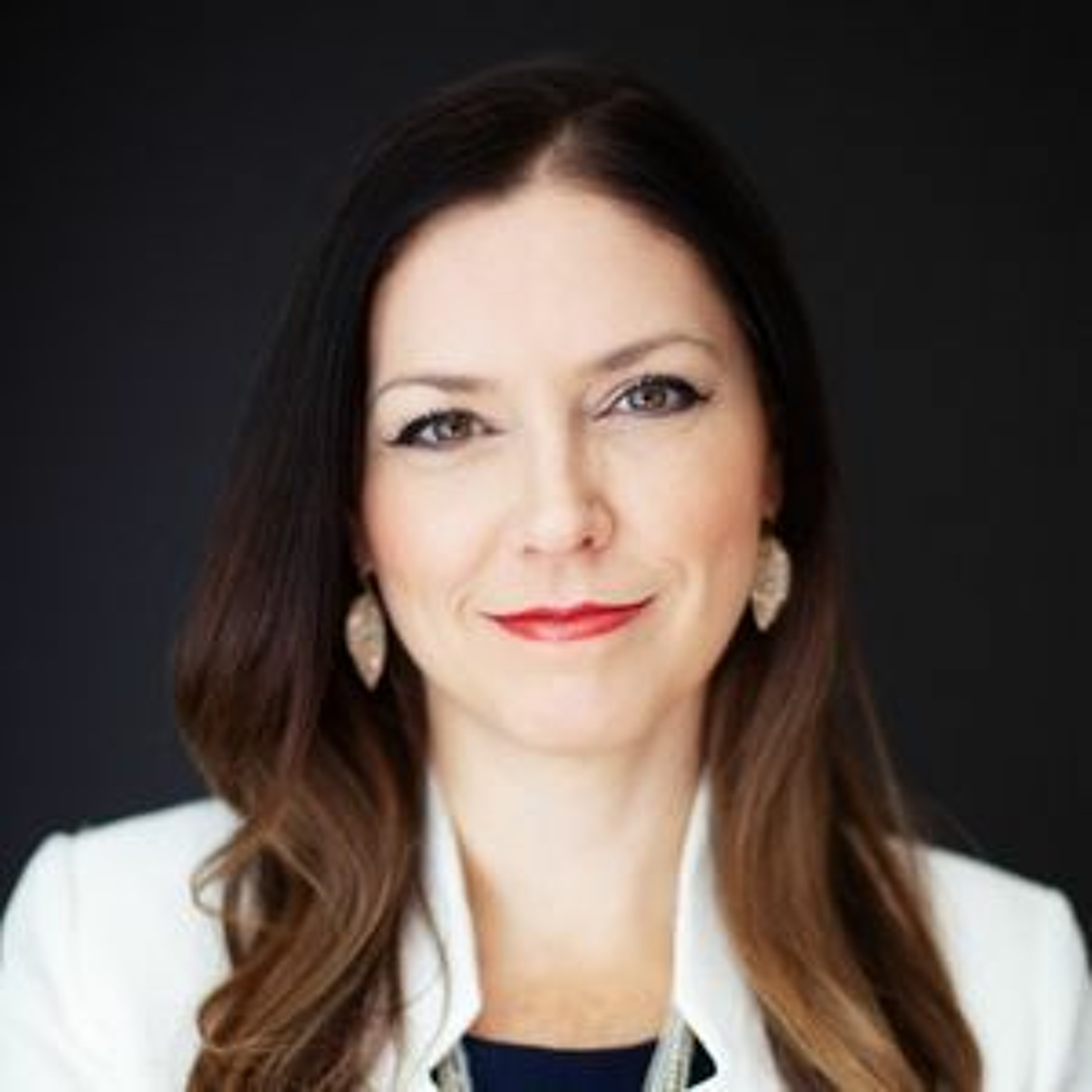

In 2009 Judi Fox began networking on LinkedIn, having lost her job early that year. She now, in 2022, has nearly 39,000 LinkedIn followers. Her business advises companies and professionals on marketing strategies for that platform.


Jon Shanahan is the co-founder of Stryx, the pioneering direct-to-consumer seller of men's cosmetics. The company is soon to launch its products in 950 Target stores. The decision comes with risks. Shanahan discusses those issues and more with host Eric Bandholz.
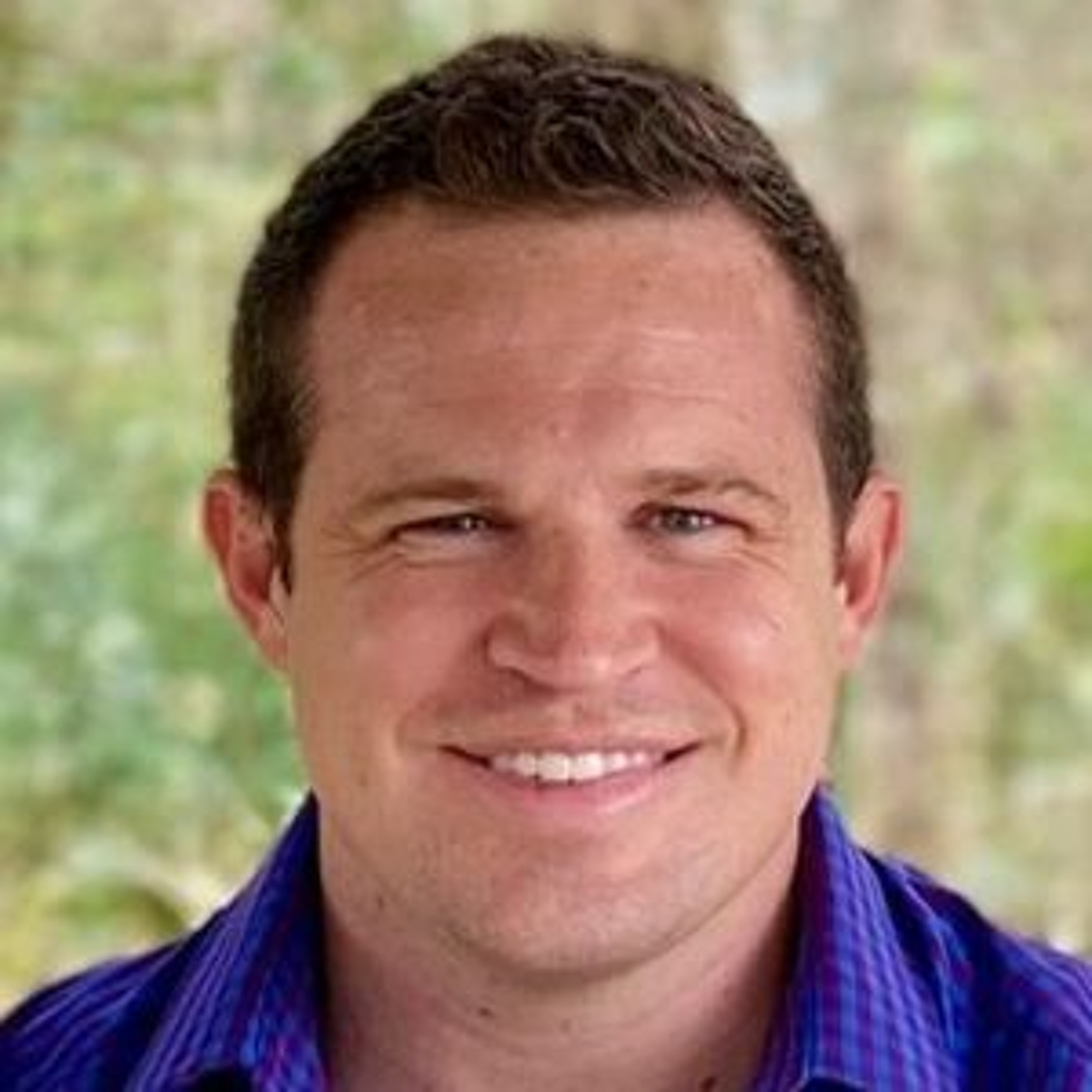

In 2015 Brenden Marquardt was a Texas-based investment analyst. He met a homesteader named Lori who made custom Murphy beds, those that fold up in a wall. Marquardt was looking for a side hustle. He acquired her business. Fast forward to 2022, and Lori Wall Beds is an eight-figure direct-to-consumer company.
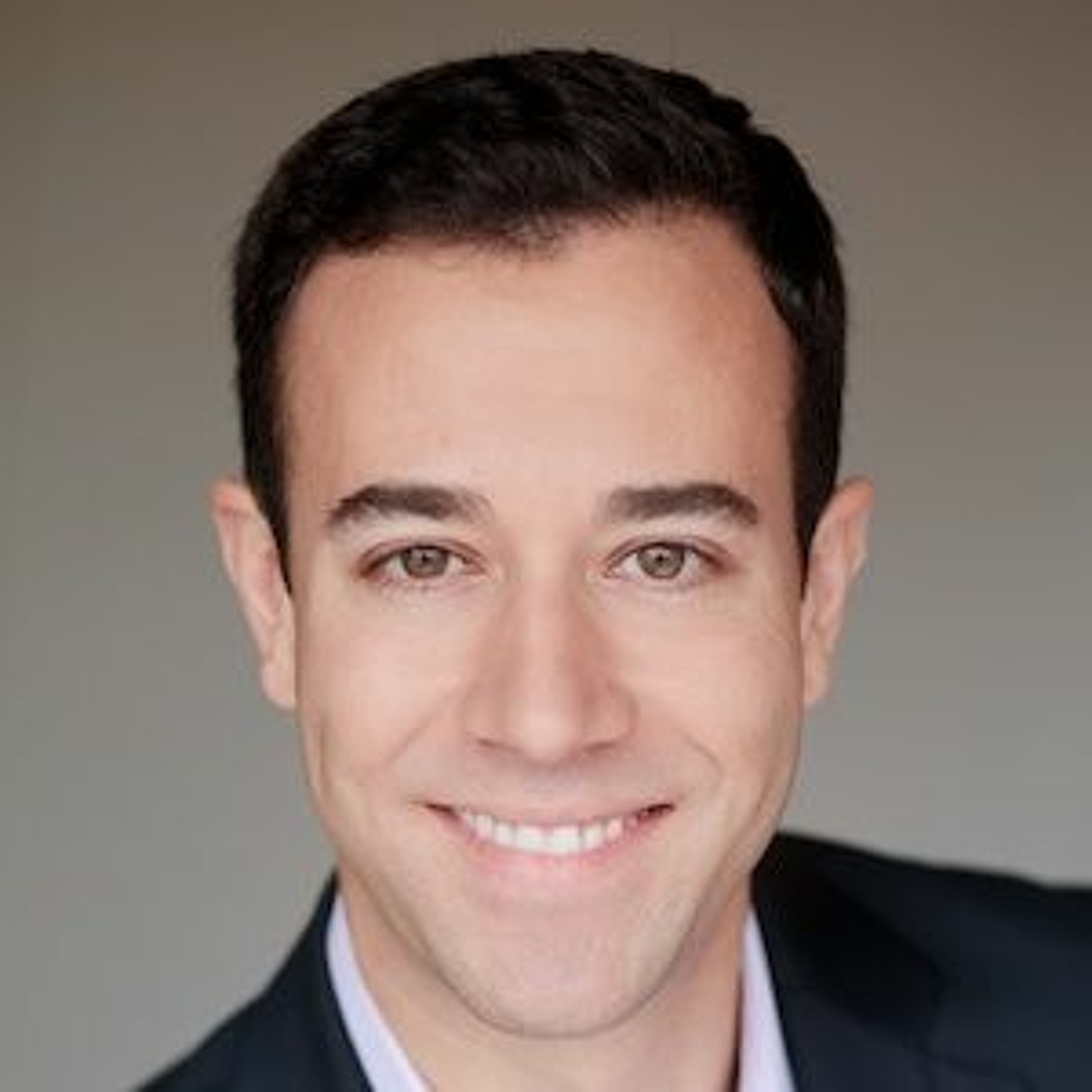

Paul Jauregui first appeared on this podcast in 2020, having launched BK Beauty, a direct-to-consumer beauty brand, with Lisa, his wife, the year before. Unlike many DTC brands, BK Beauty does not rely on Facebook advertising. Affiliate marketing is the company's go-to channel.


In 2010, Spencer Jan and his brother launched Solo Stove, for camping. Fast forward to 2022 and Solo Stove is Solo Brands, a public traded aggregator of ecommerce companies, which rose from its acquisition of Jan's business. What's it like to watch others run a company he founded? Jan addresses it in this episode.


Dennis Hegstad co-founded LiveRecover, a real-time SMS app, in 2018. He sold the company in 2021. "I became bored," he said. So he purchased OrderBump, a Shopify app for product upsells.
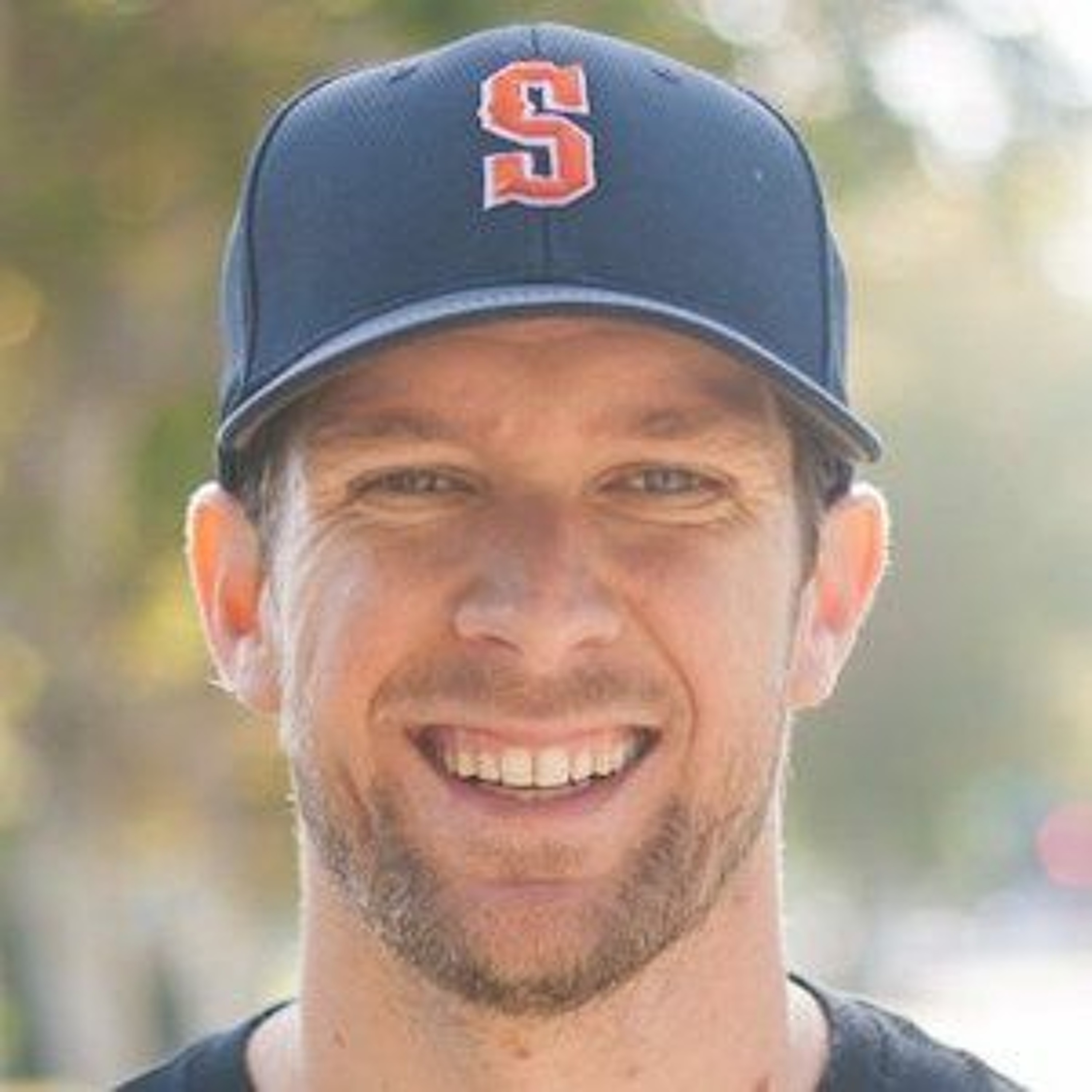

Andrew Faris is a former pastor who migrated to digital marketing. From there he rose to CEO of 4x400, an ecommerce aggregator that once owned seven brands. Having recently resigned from that position, he's now assessing priorities and evaluating his next career move. It's a not uncommon position for many executives and entrepreneurs.
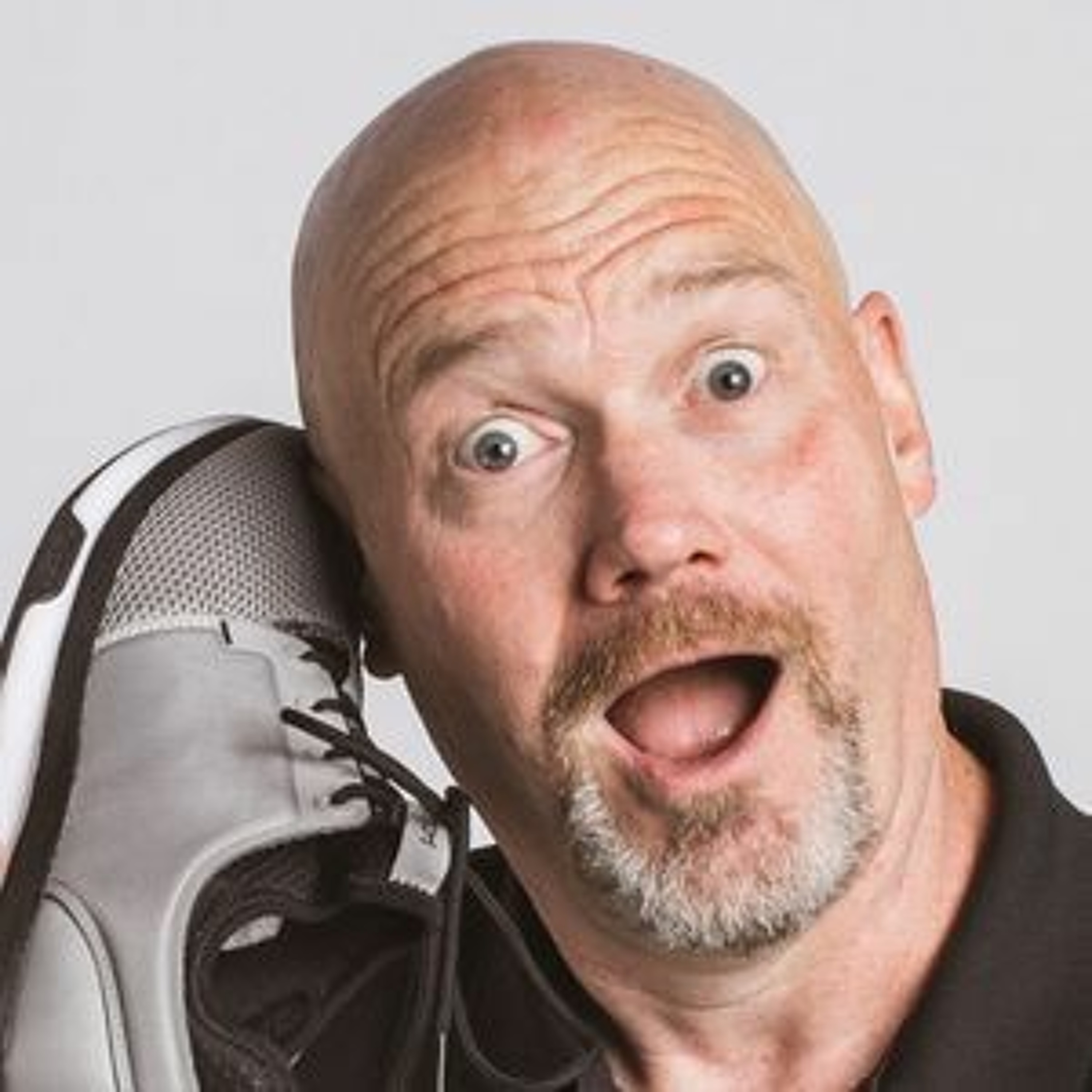

I first interviewed Sean McGinnis for this podcast in November 2020. He had recently arrived at Kuru Footwear, a direct-to-consumer shoe manufacturer, as chief marketing officer. One year later, he's president of the company, and sales are booming.


It's been a wild ride for Rick Wilson. He started in ecommerce in the 1990s as a salesman with Miva, the pioneering platform. In 2007 he joined an investor group that purchased the business. Fast forward to 2022 and Wilson is Miva's CEO. He recently completed the company's second capital raise and authored a second book.


Ryan Magin founded Viral Edits, a video agency, roughly two years ago. He creates original and repurposed videos for brands and influencers, focusing on TikTok and Instagram. The business has grown dramatically. The process is much more difficult than it appears, he says, requiring hours of video watching, editing, and nuance.
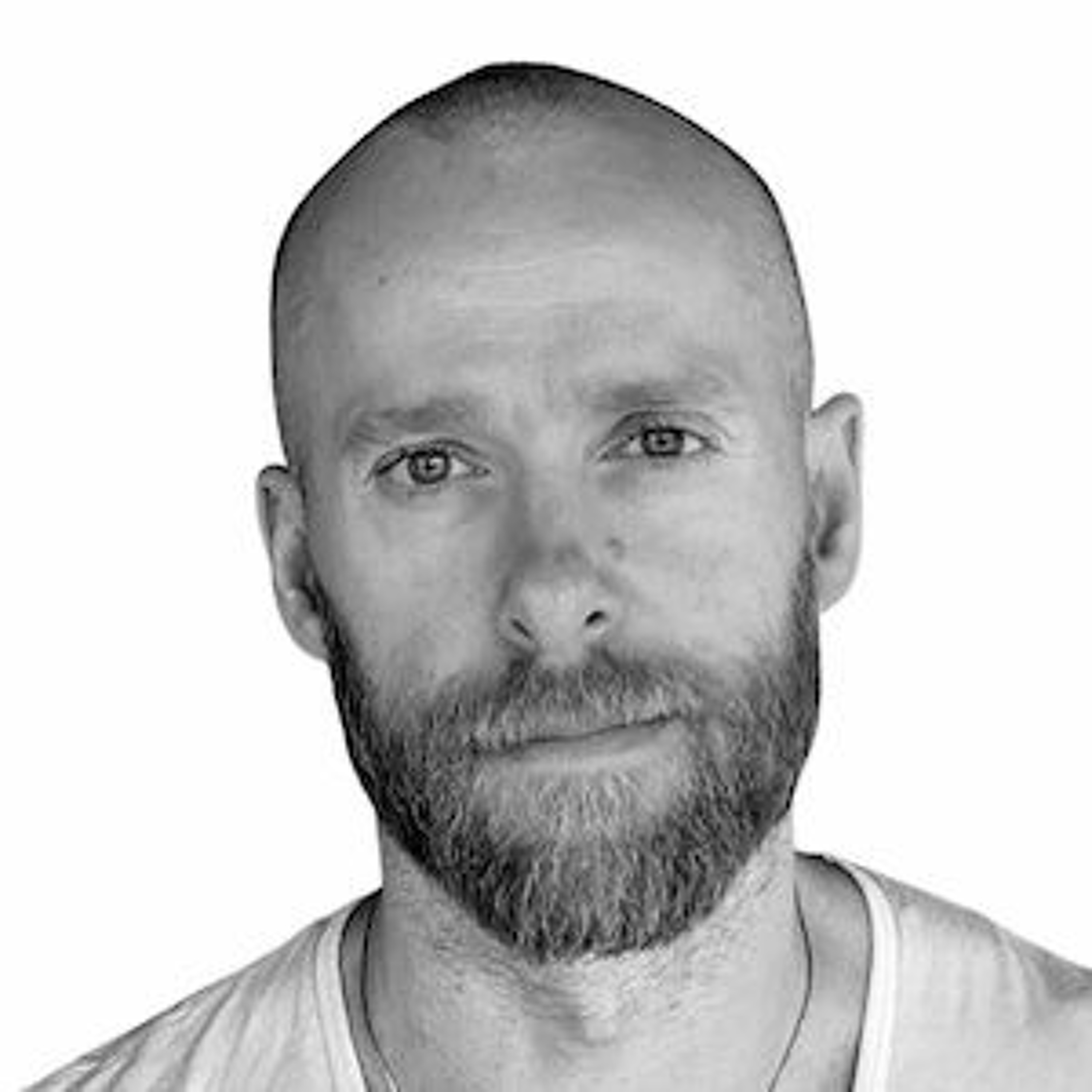

Having arrived from Estonia 14 years ago, Peep Laja has launched three companies: CXL for e-learning, Speero for conversion consulting, and Wynter for B2B customer intelligence. "I've always been entrepreneurial," he told me. "I like starting things."


Tracey Wallace is a longtime B2B exec and content marketer, having worked at BigCommerce and now, MarketerHire, a marketplace for freelancers. She addresses the post-Covid workforce, the benefits of hiring freelancers, and, yes, how to drive traffic with content marketing.
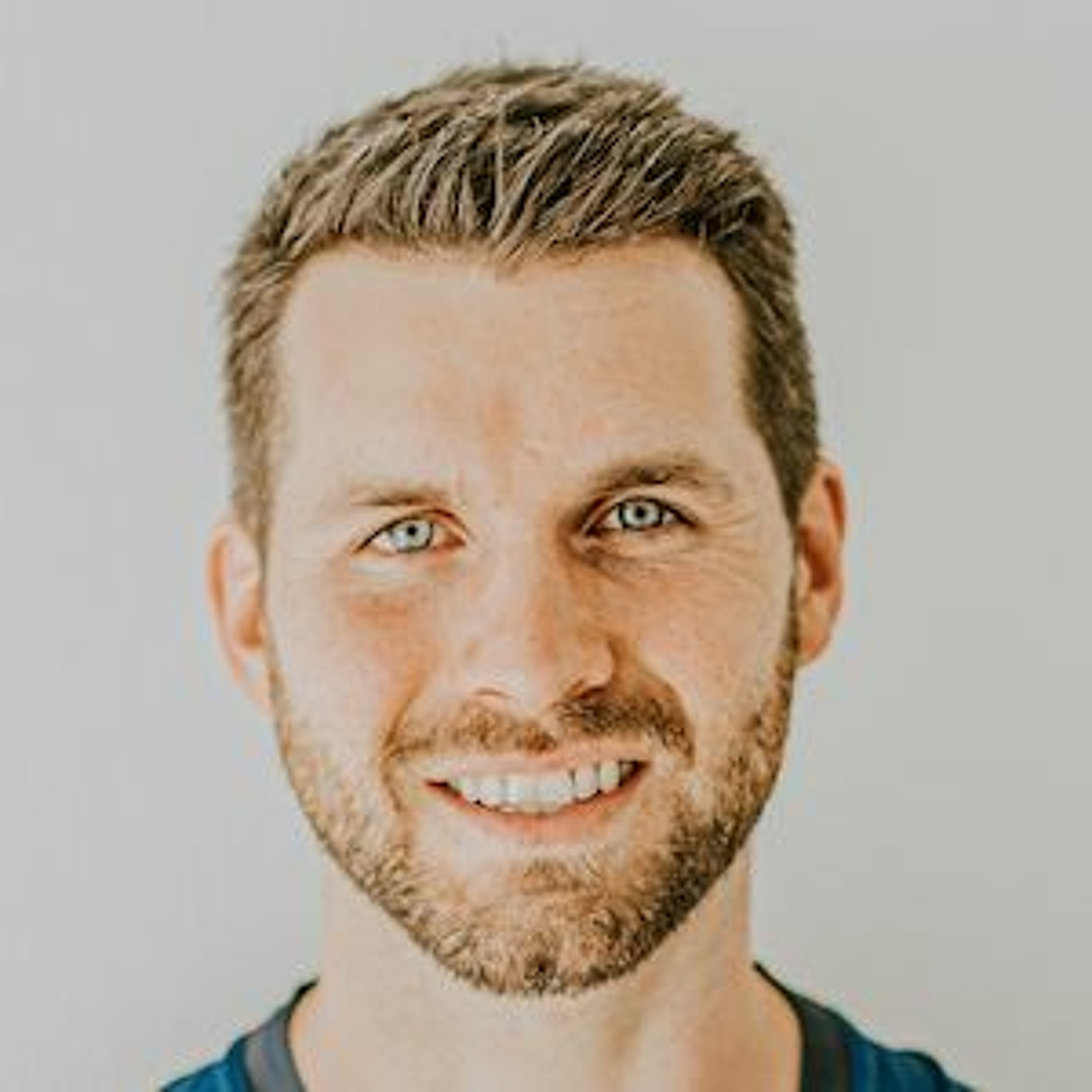

In 2012, Dean Pohlman was a collegiate lacrosse player who had taken up yoga. It so improved his on-field performance he began teaching the workouts to teammates. That led to DVD recordings, which led to a YouTube channel. He called it "Man Flow Yoga." Fast forward to 2021, and Pohlman is a global authority on yoga instruction for men.


Chris Williamson is a modern-day polymath with a fitting podcast. It's called "Modern Wisdom." Launched in 2018, it's experienced a whopping 30 million downloads across 400 episodes. He told me, "We talk about human nature, marketing, philosophy, life, life hacks, biohacking, fitness, health, pretty much everything."
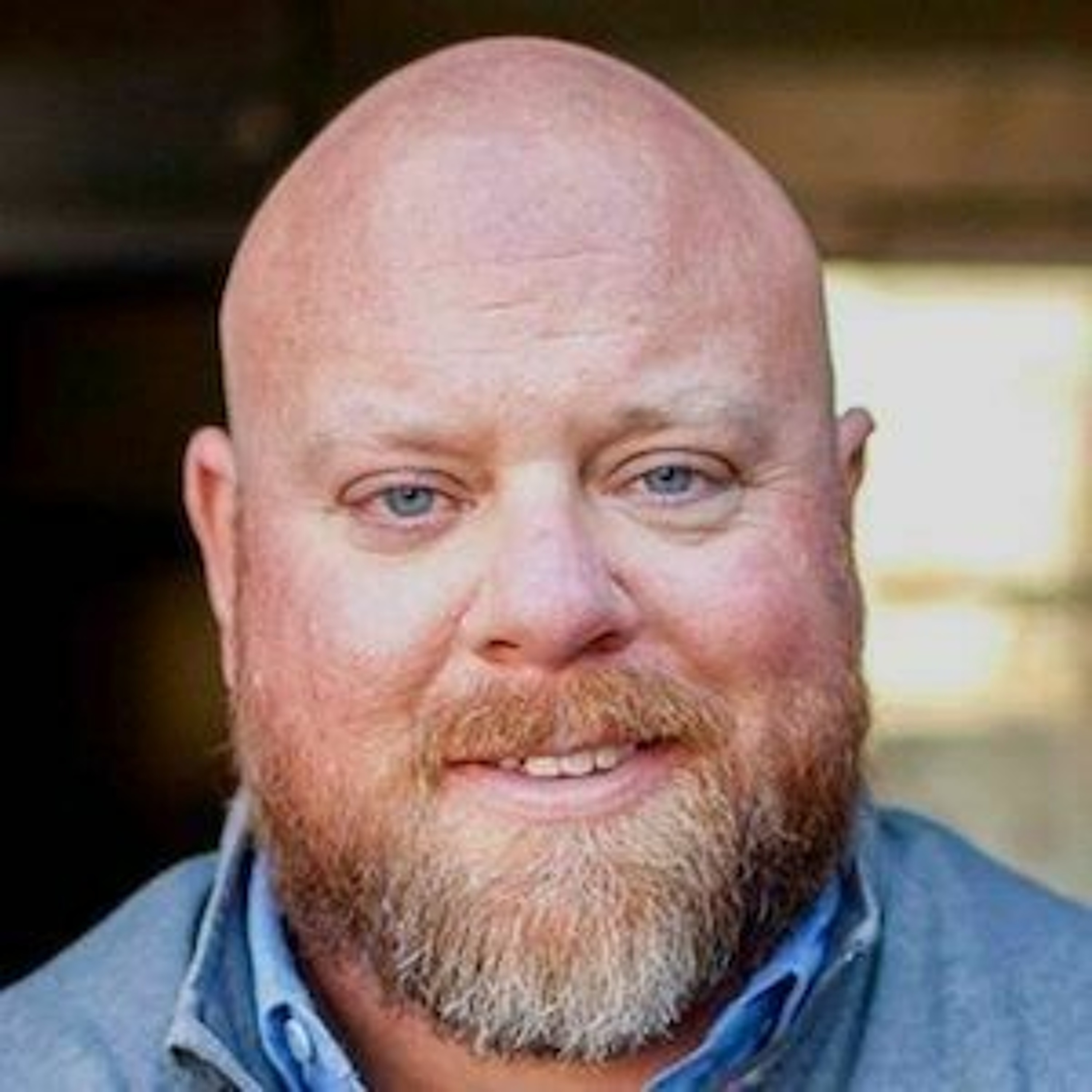

The pandemic has upended the fitness industry. Having no access to public gyms, millions of folks turned to at-home workouts. According to Matt Reynolds, the founder of Barbell Logic, an online strength coaching company, the shift is permanent. "As the world has opened back up," he told me, "there's been a change of mindset, a paradigm shift in personal fitness training."


Clay Hebert once attended a conference in San Diego. He sat next to a fellow who inquired about his work. "What do you do?" the fellow asked. Describing the encounter, Hebert told me, "That question stumped me." He had fumbled his introduction to Matt Mullenweg, the founder of WordPress.
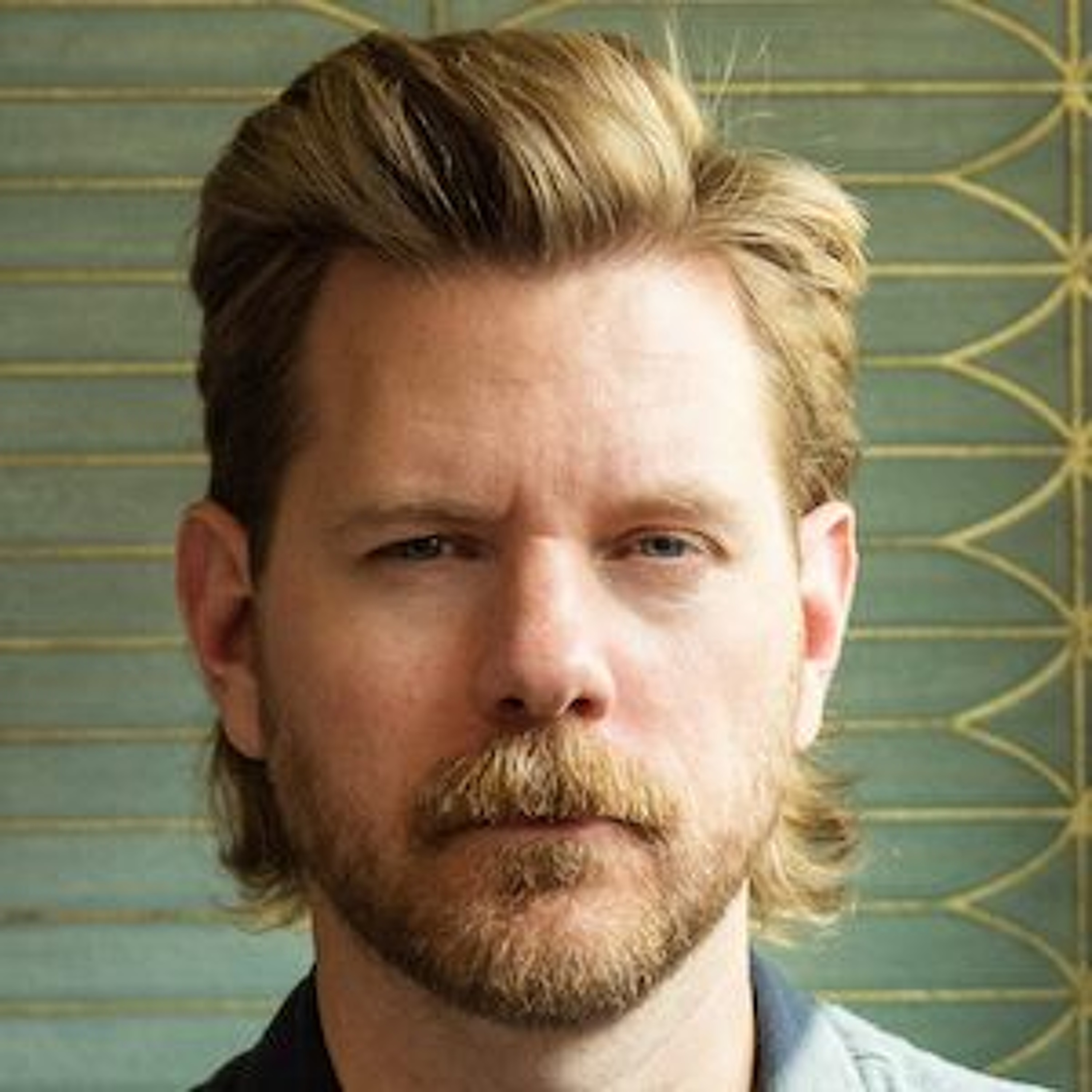

This episode is different than most. I'm interviewing no one. Instead, I'm addressing a singular topic: bootstrapping, the concept of launching and growing a business without outside investors. My company, Beardbrand, is bootstrapped. It's a beautiful thing.